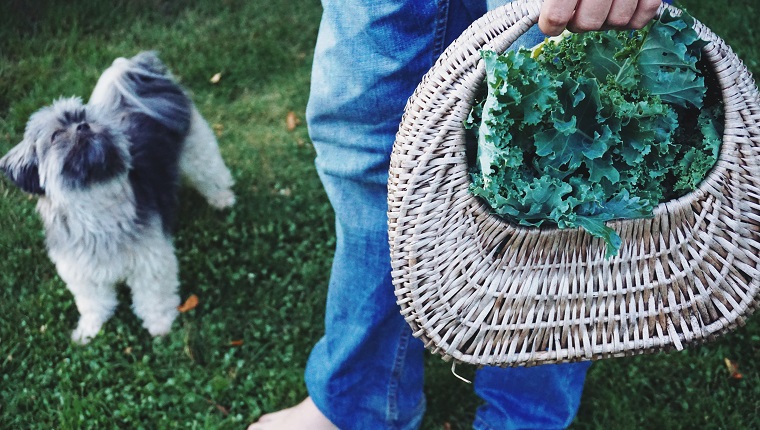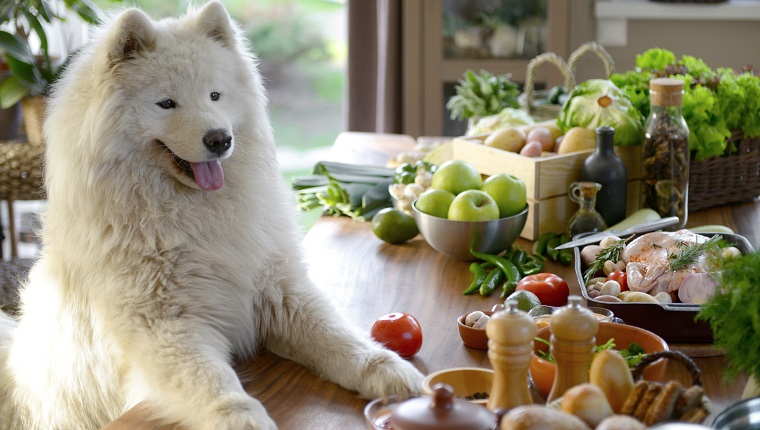Our thanks to Dr. Patrick Mahaney for this article!
Did you make any New Year’s resolutions? This year, I am going to do more yoga, be more patient with others, and show appreciation for my dog, Cardiff, having recovered from Immune Mediated Hemolytic Anemia (see I Am So Thankful for the Health of My Dog).
As a veterinarian, I create personalized health plans for my patients. Each plan strives to improve a pet’s overall health to reduce illness and sustain a good quality of life. As my animal patients are incapable of making such complex choices for themselves, educating my clients to make healthful decisions for their pet is of the utmost importance.
This year, make realistic New Year’s resolutions for yourself and commit to a healthy lifestyle modification plan for your pet.
Focus On Your Pet’s Diet
In the new year, make a commitment to feeding your pet in a manner that promotes weight loss or maintenance of a health body weight.
Obesity is clearly an epidemic in both people and pets. According to the Association for Pet Obesity Prevention (APOP), an estimated 51 percent of dogs and cats (approximately 89 million pets) in the United States are overweight or obese.
Unfortunately, the excessive body weight status of our pets is directly our fault! We feed our pets too much, make less than ideal choices for them, and generally provide inadequate activity necessary to maintain an ideal body condition.
Make Good Choices

Talk to your veterinarian about your pet’s current weight and body condition score (BCS). In my clinical practice, I use the BCS scale of 1-9, with 1 being extremely thin and 9 being extremely fat. The ideal BCS is 5. Pets with a BCS over 5, yet less than 7, are considered overweight. A BCS greater than 7 classifies a pet as obese.
Ask your veterinarian to create dietary guidelines tailored to your pet’s energetic needs to promote improvements in BCS.
My general suggestions for paunchy pets are to decrease portion size by 25 to 33 percent, increase frequency of feeding to three to four smaller portions per 24 hours, and reduce consumption of highly processed dry pet food by incorporating moisture, fiber, and nutrient filled whole foods.
What are your resolutions for you and your pet in the new year? Do you keep your dog at a healthy weight all year long? Let me know in the comments below!
Check out part 2 of New Year’s Resolutions For Your Pets: Commit to Daily Exercise.
Dr. Mahaney graduated from the University of Pennsylvania School of Veterinary Medicine and is also a Certified Veterinary Acupuncturist. He lives and practices in Los Angeles, California, and works closely with local rescue organizations. He also writes for Los Angeles Pet Care Examiner column.





